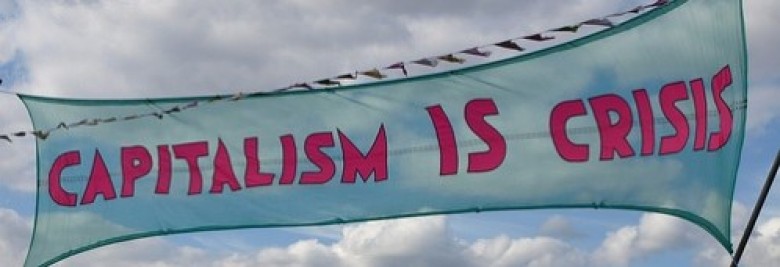SUBVERSIVE MAGIC: LIBRARIES, EDUCATION AND CAPITALIST FUNCTIONALITY
Ruth Rikowski
London South Bank University & Series Editor for the Chandos Information Professional Series
Thisd is Ruth Rikowski’s paper that she will be presenting at the Internatioanl Conference on Critical Education VIII, at the University of East London, Stratford Campus, on Saturday 28th July 2018.
Ruth’s paper can be down loade at Academia, at: http://www.academia.edu/37112556/Subversive_Magic_Libraries_Education_and_Capitalist_Functionality
ABSTRACT
A Magical Marxism – as writers such as Andy Merrifield and Derek Ford have noted – can illuminate the future whilst helping to shatter the shackles of the past. Shining this light on libraries and education in contemporary capitalism allows us to glimpse the subversive magic which, on the one hand is dreaded by representatives of capital, and on the other generates hope for humankind. A brief autobiographical account of how libraries hold a certain kind of personal magic is included. Then the notion of ‘subversive magic’ is outlined, with reference to ideas drawn from Giordano Bruno and his ‘Essays on Magic’ (1588). This is contrasted with Abstract Magic: a form of magic ground in the capitalist impulse. From these preliminary points and in the context of libraries in England, the first stop in the analysis is the Mechanics Institutes. This is followed by examining the capitalist state’s attempts to curtail, or at least control, their subversive magic through establishing constraining cultural spaces; that is, a public library system. The strange cases of John Passmore Edwards and Andrew Carnegie libraries are considered at this juncture: specifically, their effects in terms of possibilities for enchanting the public library system. The falling apart of the capitalist state’s paradigm for libraries is then taken up, with an examination of Thatcherism and neoliberalism from the 1980s. During the 1980s, and 1990s, but especially after the capitalist crisis of 2007-09, together with Tory austerity policies and related cuts, public libraries have faced a resulting atmosphere of disenchantment. Today, the state library system has given way to capitalist functionality, together with desperate local attempts to re-enchant them. This point is illustrated through developments in libraries in the London Borough of Newham. The paper ends by discussing prospects for a new subversive magic in libraries. It also explores whether it is possible for state-financed libraries to ever let the subversive magic that is required to flourish, and whether they can nourish the dangerous imaginative qualities required for nurturing the communist impulse.
***END***
Posted here by Glenn Rikowski
Glenn Rikowski @ Academia: http://independent.academia.edu/GlennRikowski
Glenn Rikowski @ ResearchGate: https://www.researchgate.net/profile/Glenn_Rikowski
Ruth Rikowski @ Academia: http://lsbu.academia.edu/RuthRikowski



















